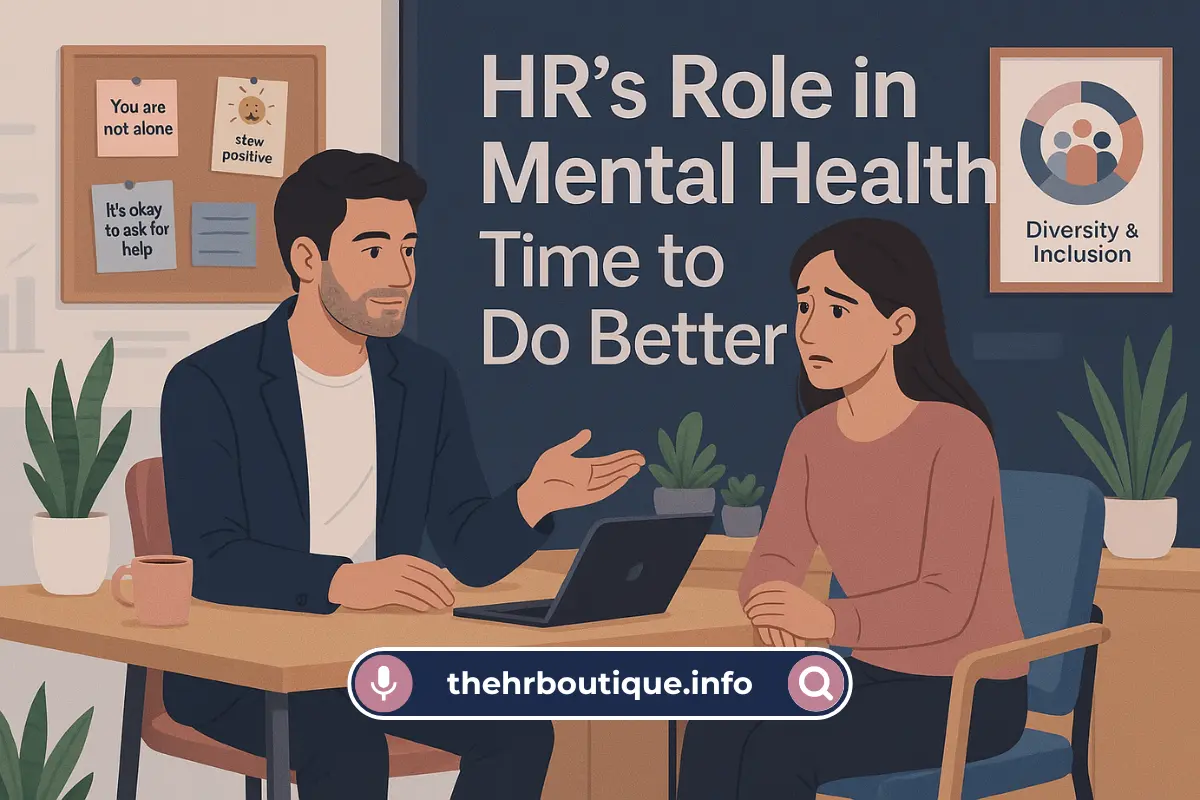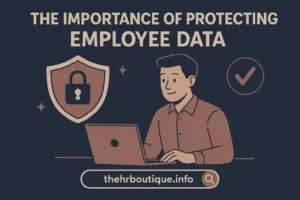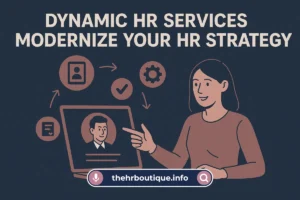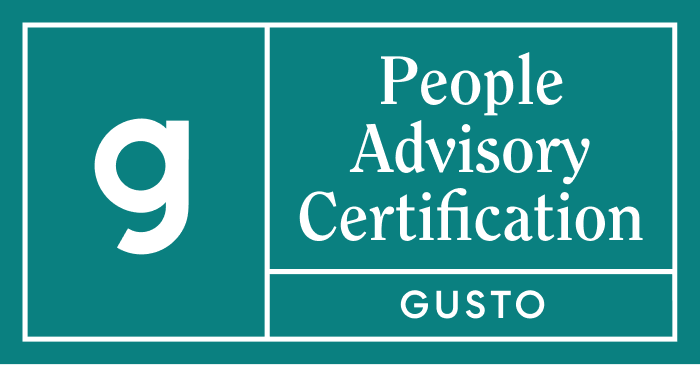Let me tell you about my friend Sarah (name changed, but the story’s real). She was killing it at her marketing job – promotions, great reviews, the whole deal. Then her dad died suddenly. She asked HR about bereavement leave and was handed a pamphlet about their Employee Assistance Program. When she came back after three days (yes, just three), her manager “joked” that she must be “well-rested.”
This is why we need to talk about HR’s role in mental health. Not the polished, corporate-speak version. The real, messy, human version.
The Problem No One Wants to Admit
We’ve all seen the signs:
- That coworker who’s always “fine” but clearly isn’t.
- The team member who suddenly stops turning their camera on.
- The star performer who quits out of nowhere.
Here’s what’s really happening: workplaces are failing people. And HR? They’re often too busy:
- Writing policies no one reads.
- Planning wellness initiatives no one wants.
- Protecting the company instead of its people.
What Actually Helps? (From Someone Who’s Been There)
After Sarah’s story, I started paying attention. Here’s what makes a real difference:
1. Ditch the Scripts
Nothing kills trust faster than HR reps reading from a corporate handbook. I once told my manager I was struggling with anxiety. Their response? “Have you tried our mindfulness app?” Gee, thanks – my panic attacks are cured.
What works:
- Actual human conversations.
- Following up more than once.
- Remembering personal details (like if someone mentioned therapy).
2. Train Managers to Do Better
Most managers get promoted for being good at their jobs, not for being good with people. Then we wonder why mental health support falls flat.
Real training would include:
- How to spot real distress vs. just having an off day.
- What to say (and not say) when someone opens up.
- When to escalate to HR vs. handling it themselves.
3. Make Help Easy to Get
Your EAP is useless if:
- It takes 3 weeks to get an appointment.
- Everyone knows the “anonymous” portal isn’t really anonymous.
- The only therapist available is booked out for months.
Fix it by:
- Bringing counselors onsite (yes, actually).
- Having HR walk people through the process.
- Normalizing using these resources.
The Hard Part No One Talks About
Here’s the uncomfortable truth: Supporting mental health means changing how work gets done. It might require:
- Letting go of “face time” culture.
- Calling out toxic high-performers.
- Admitting that some company traditions are harmful.
I saw this at a tech startup that bragged about its “work hard, play hard” culture. Turns out that meant:
- 80-hour weeks.
- Mandatory “fun” outings.
- Quiet firing of anyone who complained.
Their turnover was astronomical. But hey, the ping pong table looked great in recruiting brochures.
What can you do Right Now?
If you’re in HR and actually want to help (not just check boxes):
- Audit your policies – Are they helping or just covering your ass?
- Talk to real employees – Not just the happy ones at company events.
- Measure what matters – Not just engagement scores, but things like:
- How many people are using mental health benefits
- Unplanned attrition rates
- Manager’s feedback on these issues
And if you’re an employee? Start noticing:
- Does HR walk the talk?
- Are leaders modeling healthy behavior?
- Do people get punished for being honest?
The Bottom Line
We’re at a breaking point. Either workplaces get serious about mental health, or they’ll keep losing good people. Not to competitors – to burnout, to disillusionment, to better life choices.
HR can be part of the solution. But it requires:
- Less policy, more humanity.
- Less performative care, real action.
- Less protecting the company, more protecting the people.
Because at the end of the day, Sarah didn’t need a pamphlet. She needed someone to say, “Take the time you need – we’ve got your back.” Isn’t that what we all need?





